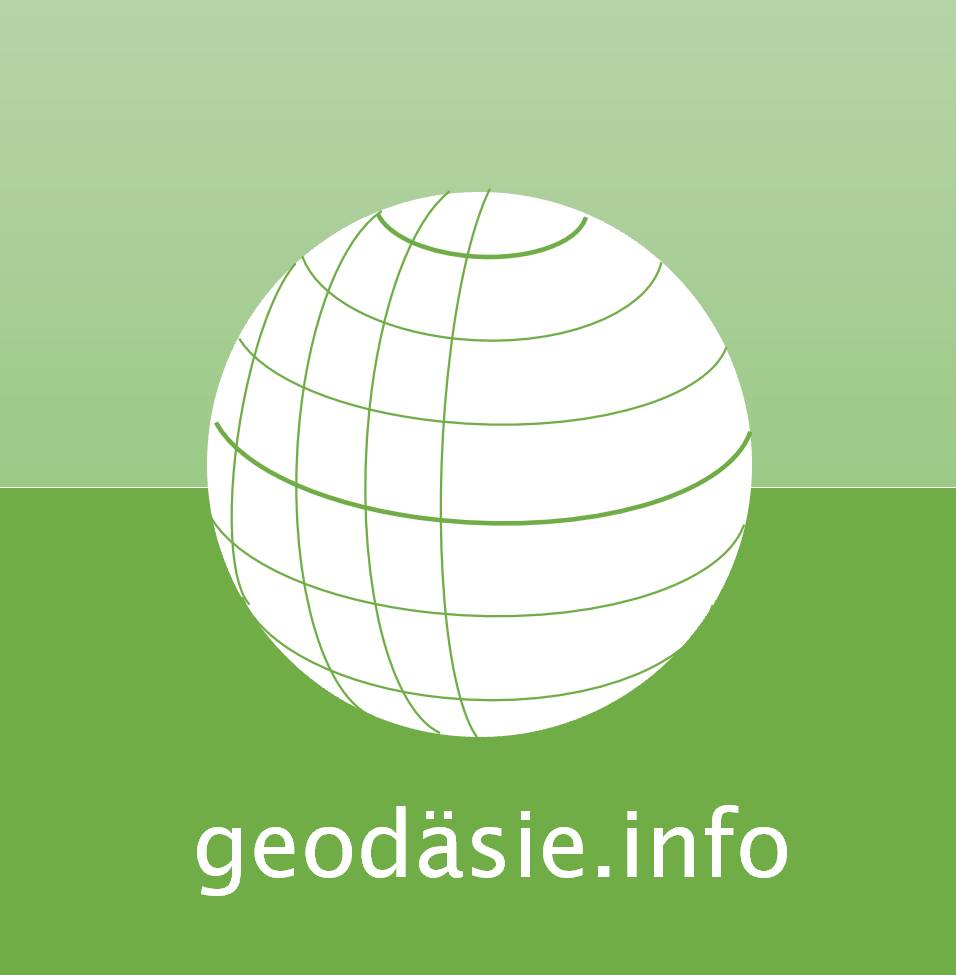Zusammenfassung
Das klassische Berufsbild des Surveyors hat sich gewandelt. Die internationale Führungsrolle, die Deutschlands Geodäten für vier Jahre im Rahmen der FIG übernommen haben, führt nun noch mehr dazu, das eigene Berufsbild und die eigenen Tätigkeiten in Deutschland mit allen Stärken und Schwächen im internationalen Kontext zu hinterfragen.
Um für globale und kontinentale Aufgaben gerüstet zu sein, müssen sich deutsche Vermessungsingenieure und Ausbildungsstätten vor allem auch den großen Themen der Weltgemeinschaft wie »land management and land markets, regional and local planning in urban and rural areas, land administration and land registration, access to land and secure tenure, environment monitoring or disaster management« zuwenden. Es wird die Sorge artikuliert, dass es auf Dauer in Deutschland immer weniger Geodäten geben wird, wenn es nicht gelingt, neue zusätzliche Tätigkeitsfelder im Inland sowie verstärkt Aktivitäten im europäischen und außereuropäischen Ausland zu entwickeln.
Um sich den neuen komplexen Herausforderungen stellen zu können, muss in Zukunft noch mehr inter-, aber auch intradisziplinär zusammengearbeitet werden. Im Aufsatz wird dazu das spezielle Verhältnis zwischen Geodäsie und Geoinformation angesprochen. Um gerade im boomenden GIS-Markt bestehen zu können, brauchen Geodäten neben GIS-Fähigkeiten eine Kernkompetenz in einem der vorgenannten Aufgabenfelder oder in anderen Kernbereichen. Dies erfordert von Geodäten eine gesunde Mischung aus breit angelegtem Wissen und in die Tiefe gehendem Spezialwissen (»sattelfest spezialisierter Generalist«).
Summary
The traditional professional profile of surveyors has changed. The international role German surveyors have taken over through the leadership of FIG leads more than ever before to question the own professional profile and the work of surveyors in Germany with all its strengths and weaknesses in an international context.
To be prepared for global and continental tasks German surveyors and universities have to turn in particular to the great themes of our world such as »land management and land markets, regional and local planning in urban and rural areas, land administration and land registration, access to land and secure tenure, environment monitoring or disaster management«.
Furthermore, the sorrow will be articulated that in Germany there will be less and less surveyors in the long run if it is not possible to develop new fields of activities both at home and abroad.
To be able to manage the new and complex challenges, more inter- and intradisciplinary collaboration is necessary in the future. For this purpose the essay addresses the special relationship between survey/geodesy and geoinformation. To be able to compete in the booming GIS-market surveyors need – apart from GIS abilities – a core competence in one of the aforementioned scope of duties or within other core competencies. This requires a sound mixture of broad knowledge and specialized expertise (»well grounded specialized generalist«).

